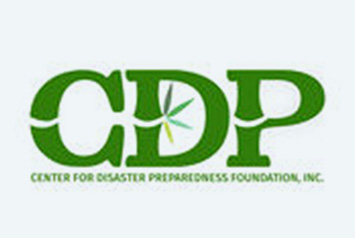
Community-Based Disaster Risk Reduction and Management Hub (Centre for Disaster Preparedness, Philippines)
The Community-Based Disaster Risk Reduction and Management (CBDRRM) Hub is a regional platform dedicated to highlighting and advancing disaster resilience efforts that are led, initiated, or meaningfully participated in by communities themselves. Led by the Center for Disaster Preparedness (CDP) in the Philippines, the Hub promotes CBDRRM as both a guiding strategy and a practical approach rooted in local knowledge, culture, and lived experience. The Hub supports inclusive risk assessments, community-based early warning systems, local responders, and community-led innovations through capacity building, knowledge exchange, and advocacy. It also fosters partnerships and a learning culture through story-sharing, peer exchanges, and inter-community dialogue, ensuring that CBDRRM remains a cornerstone of effective, sustainable, and locally owned disaster risk reduction across Asia.
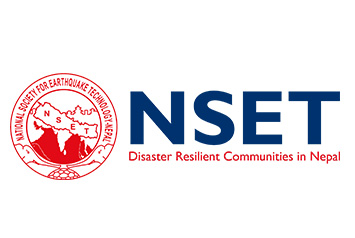
Earthquake Risk Management Hub (NSET, Nepal)
The Earthquake Risk Management (ERM) Hub, led by NSET, is a specialised platform focused on enhancing the capacity of members in high seismic hazard countries across Asia. The Hub promotes collaborative learning, knowledge exchange, and mutual support among members by facilitating access to tested tools, methodologies, and expertise in earthquake risk reduction, ranging from risk assessments and preparedness planning to seismic retrofitting and damage evaluation. Led through a shared regional effort, the Hub also builds capacity through tailored trainings, mentorship, and professional exchanges. By linking grassroots needs with academic research, supporting joint project design, and curating theme-based case studies, the ERM Hub serves as both a technical resource and a knowledge centre, helping to scale resilient and locally adapted earthquake preparedness efforts across the region.
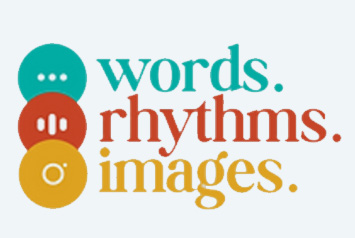
Digital Storytelling Hub (words. rhythms. images, India)
The Digital Storytelling Hub, led by words. rhythms. images. (WRI), is a dedicated platform to strengthen the communication capacities of ADRRN members through participatory storytelling through digital media. Building on WRI’s Digital Storytellers for Social Change (DiSSC) model, the hub empowers local actors to document lived experiences, amplify community voices, leverage collective action to influence policy and response efforts. Through training, knowledge exchange, and collaborative content creation, the hub supports ADRRN’s commitment to localisation, innovation, and inclusive communication that captures the realities of those most at risk.
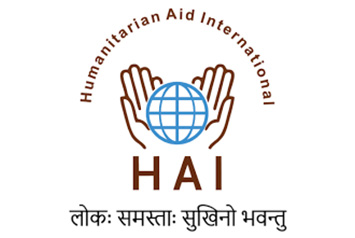
Drone Hub (Humanitarian Aid International, India)
The Drone Hub, spearheaded by Humanitarian Aid International, is an ambitious initiative designed to enhance disaster response, climate resilience, and humanitarian action across the region through the strategic use of drone technology. The Drone Hub creates a collaborative ecosystem to support communities during crises, especially in hazard-prone areas where timely aid and accurate damage assessments are critical. This innovative platform represents a forward-looking step toward building a more resilient Asia-Pacific. The Hub will enable rapid response, real-time data collection, and informed decision-making during emergencies. The Hub also envisions a broader impact on sustainable development by fostering partnerships with governments, NGOS, and international agencies.

LEAPS Hub (RedR, India)
The Leadership in Emergency Action, Preparedness and Surge (LEAPS) Hub, hosted by RedR India, is a regional platform focused on strengthening local leadership and surge capacity in humanitarian action. Rooted in RedR India’s decade-long experience of delivering specialised training across Asia, LEAPS aims to build a cadre of trained technical and non-technical professionals equipped to lead and respond effectively in emergencies. LEAPS supports ADRRN members through capacity building, knowledge generation, and deployment readiness, including the creation of national and regional rosters of certified responders and trainers to ensure rapid, high-quality humanitarian action across the Asia-Pacific. By fostering partnerships with UN agencies, INGOs, and national networks, the Hub will enhance coordinated, multi-sectoral response planning while also developing context-specific learning modules and certification pathways.

Localisation Hub (SEEDS, India)
The Localisation Hub, championed by SEEDS India, is a grounded, actionable approach to localisation rooted in community voice, shared decision-making, and context-driven solutions. The Localisation Hub works with local actors to lead, fund, and shape programmes based on their real needs. The hub focuses on four core pillars: a whole-of-society approach that values every voice; the community’s buy-in that ensures true ownership; differentiated local solutions based on lived wisdom; and south-south partnerships that foster regional solidarity and resilience. Anchored in local leadership, regional partnership, and international support, the Localisation Hub is building a future where affected communities are not just participants, but decision-makers and leaders.
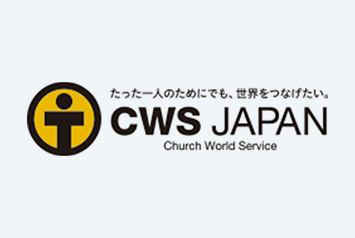
Innovation Hub (CWS Japan)
The ADRRN Tokyo Innovation Hub (ATIH), led by CWS Japan, serves as a catalyst for innovation within the network by supporting members to enhance the efficiency and impact of their humanitarian work. ATIH offers a full-service approach to foster innovation, localising concepts through tailored workshops, engaging leadership for sustained commitment, and promoting internal capacity by encouraging dedicated innovation officers. By embedding innovation into everyday practice, ATIH helps institutionalise creative solutions that are grounded in the local context and driven by community needs.

Q&A Hub (Community World Service Asia, Pakistan)
The Quality and Accountability (Q&A) Hub aims to strengthen the humanitarian response capacities of frontline national organisations in Asia by embedding quality and accountability standards into their practices. Led by Community World Service Asia, the Hub focuses on building a regional pool of Q&A experts, providing coaching and mentoring support, deploying trained personnel during emergencies, and promoting cross-learning through research, advocacy, and regional events. Through these efforts, ADRRN members are supported to institutionalise Q&A standards, enhance collaboration with communities, governments, and academia, and ensure more effective, inclusive, and accountable humanitarian action across the region.
